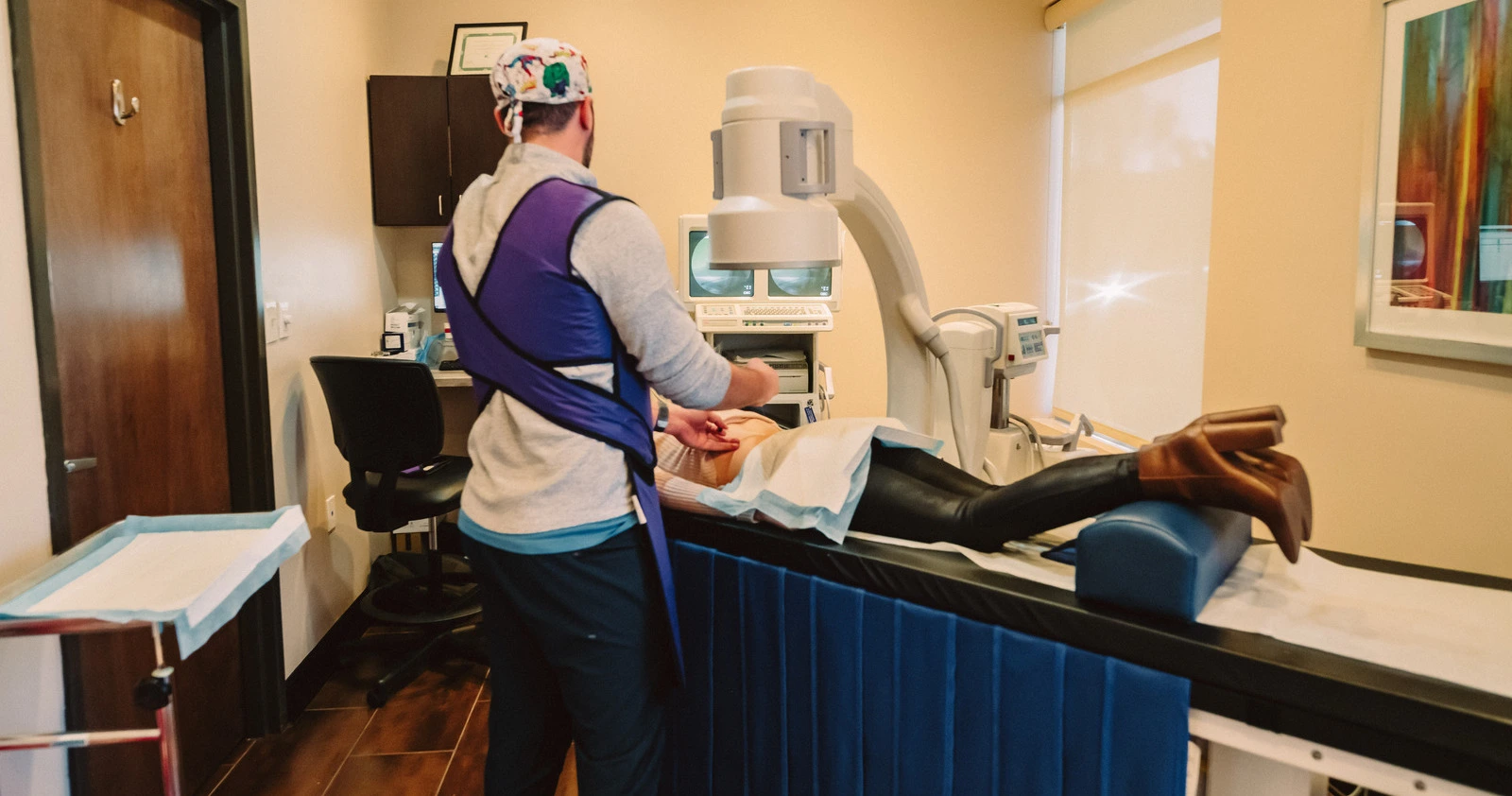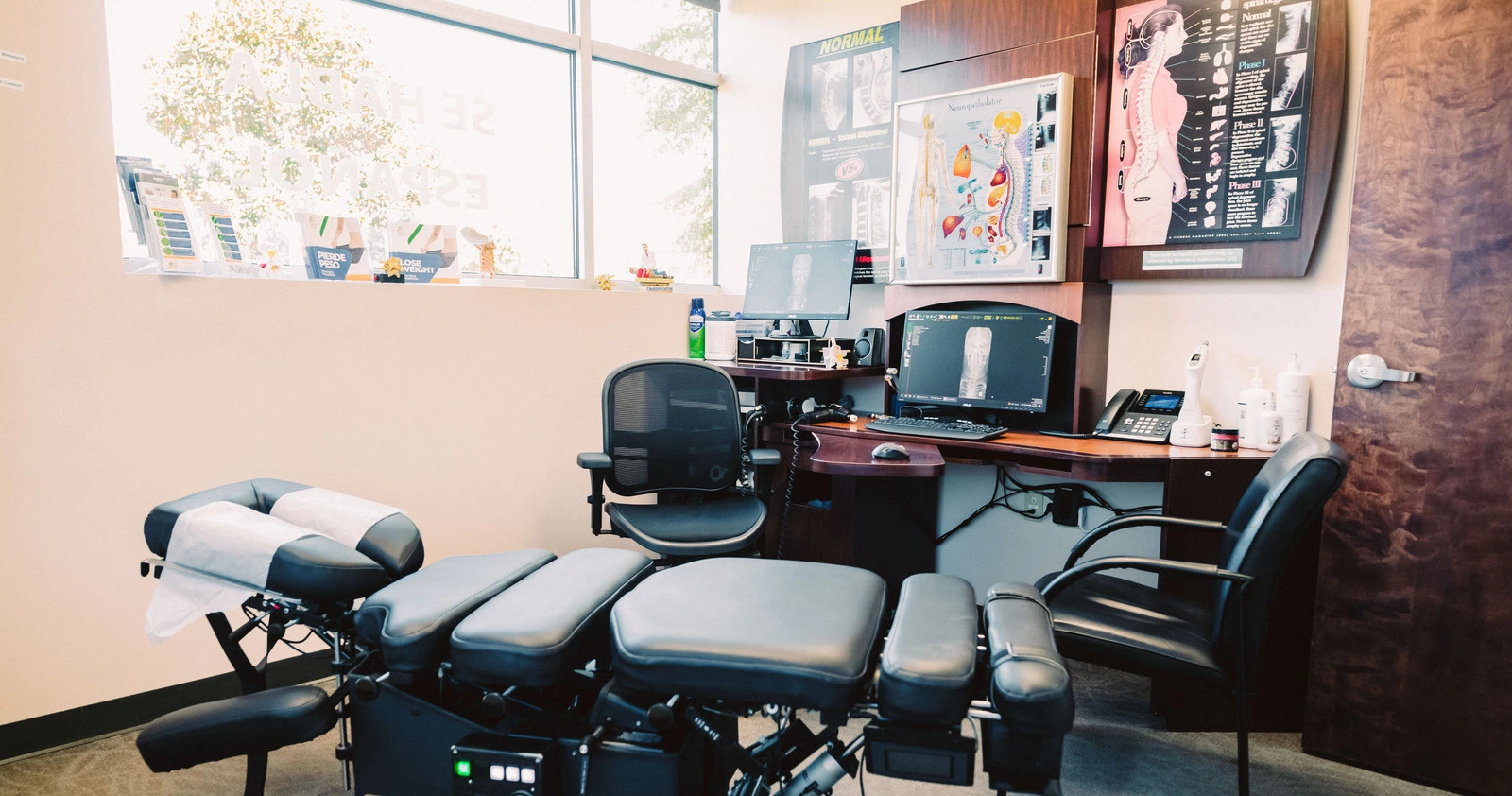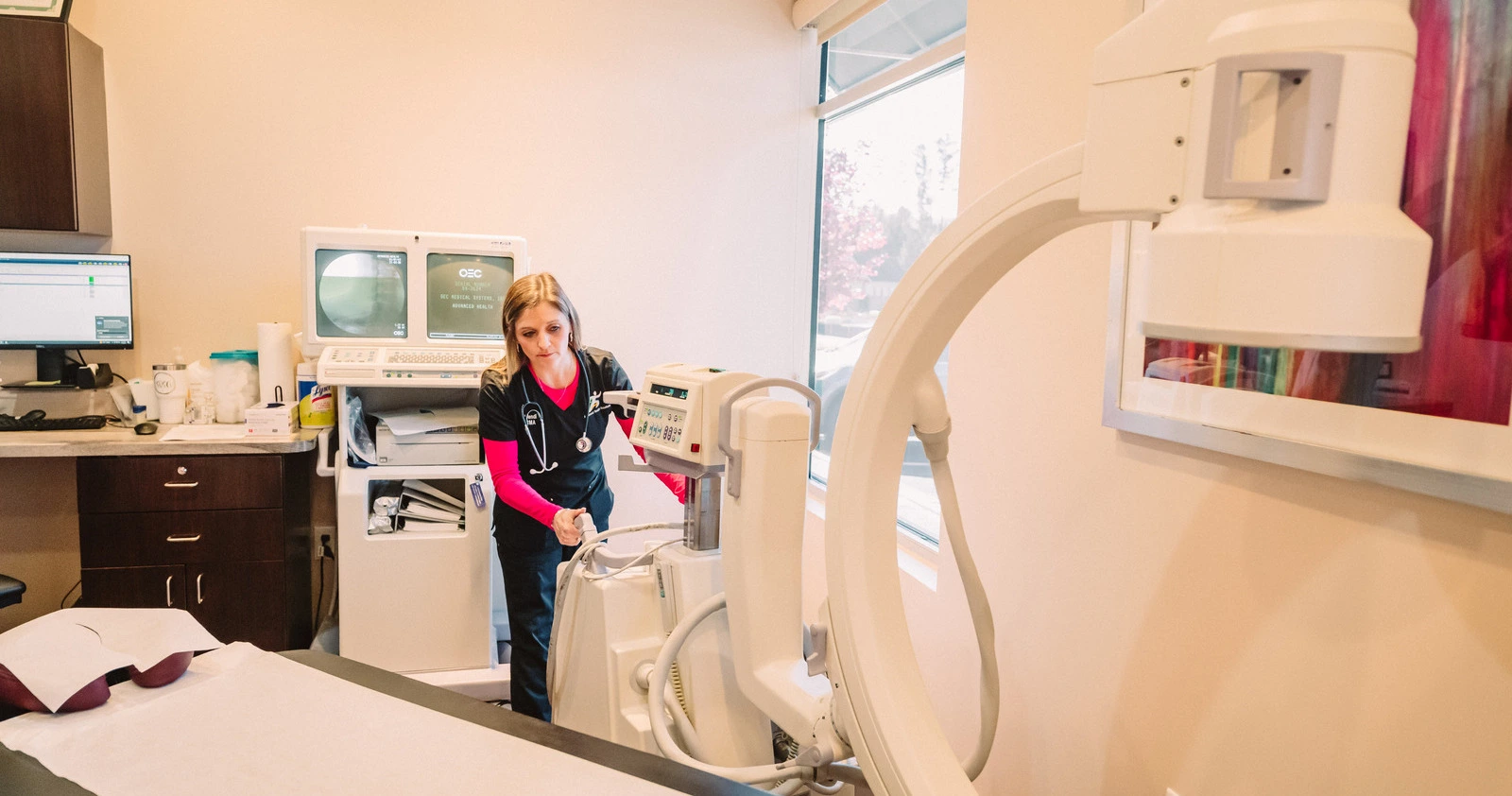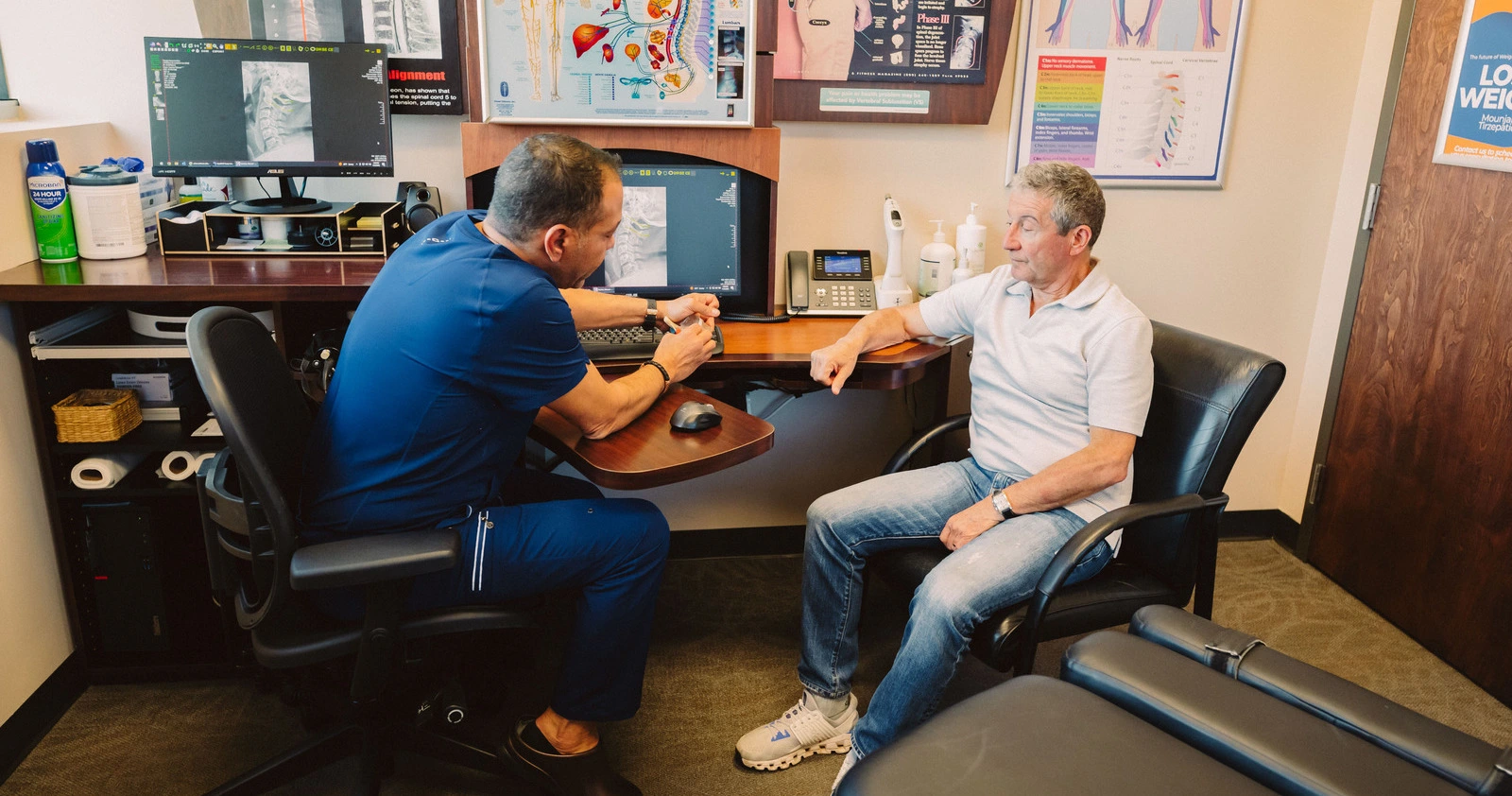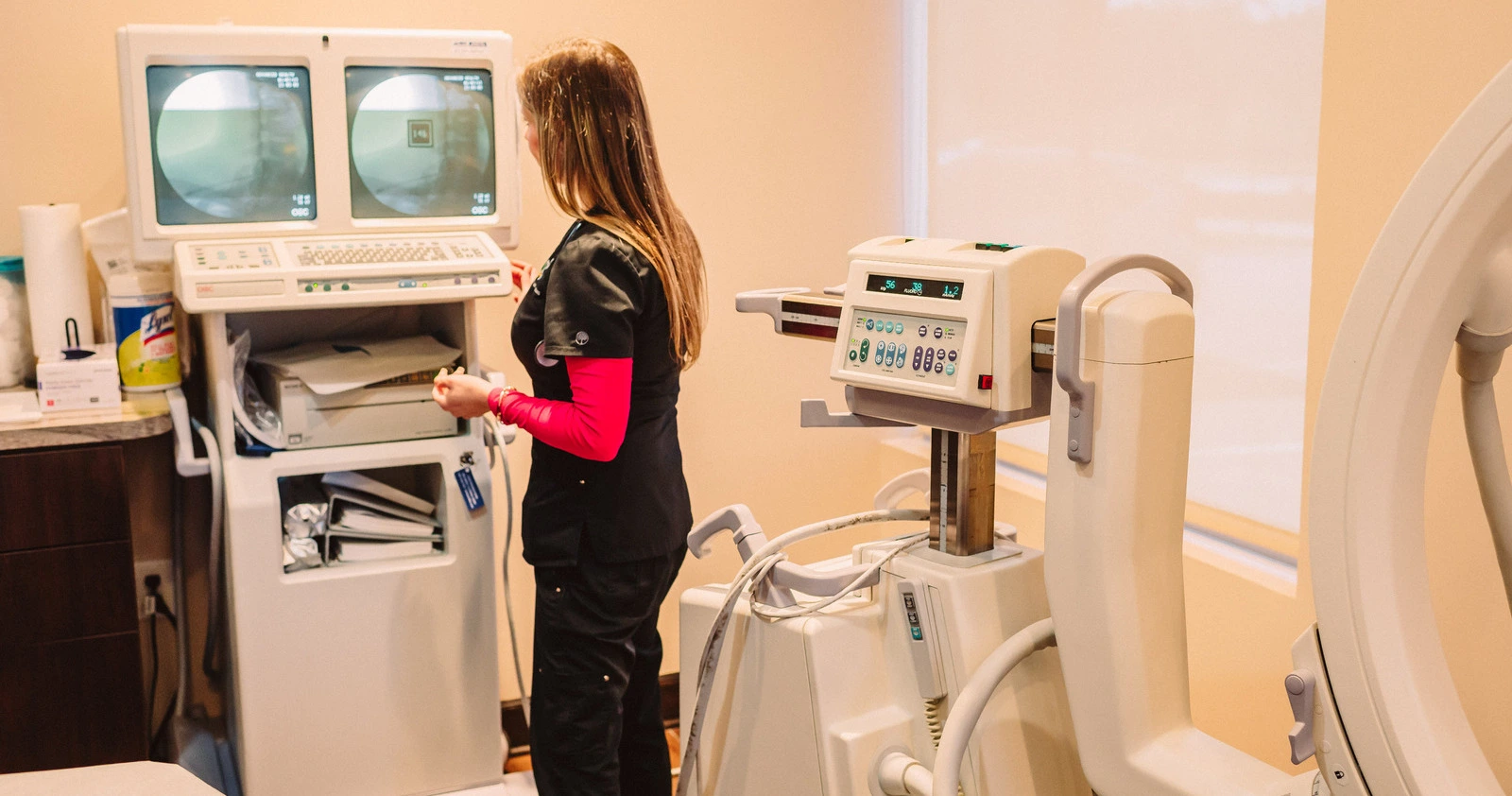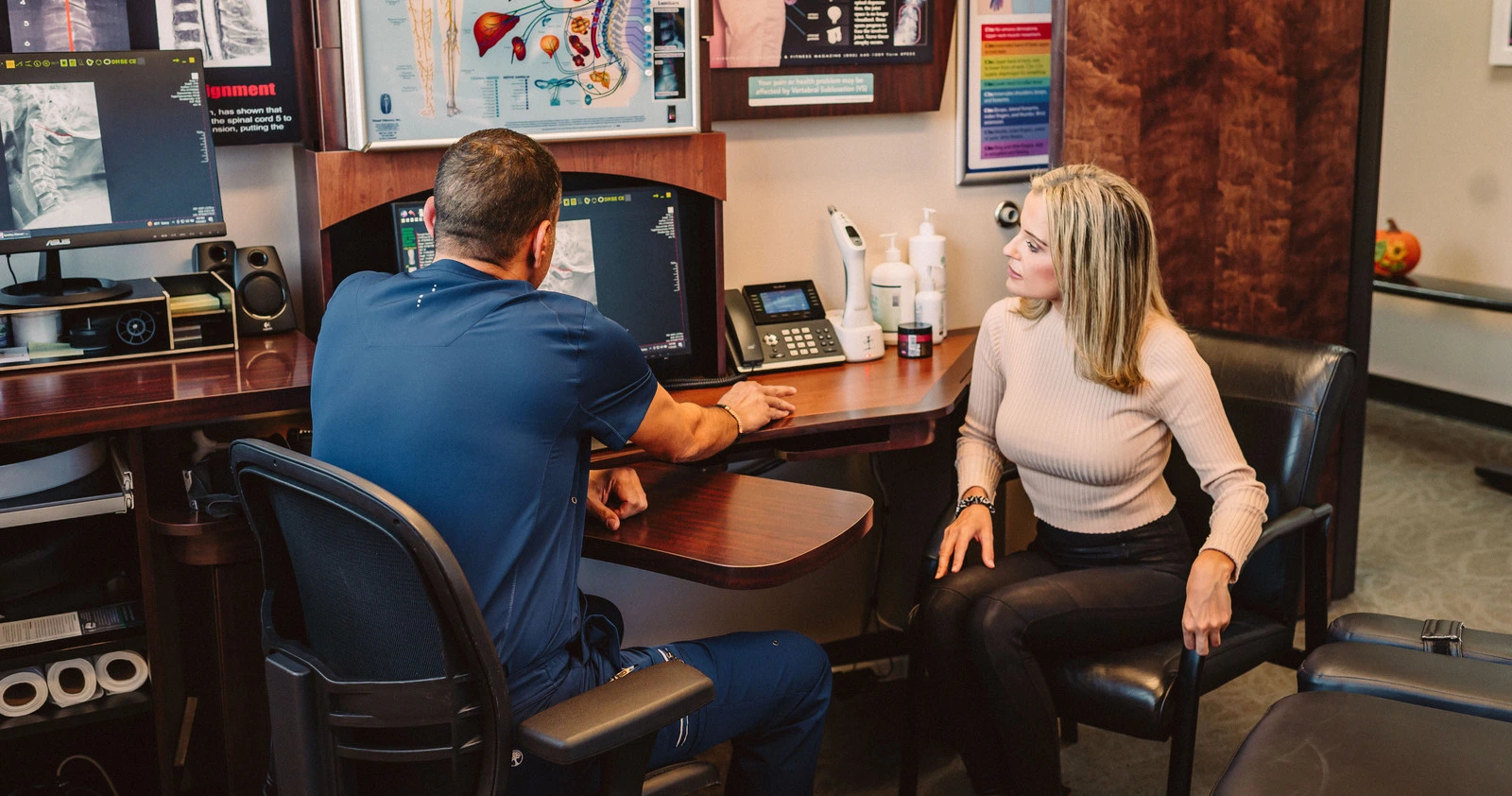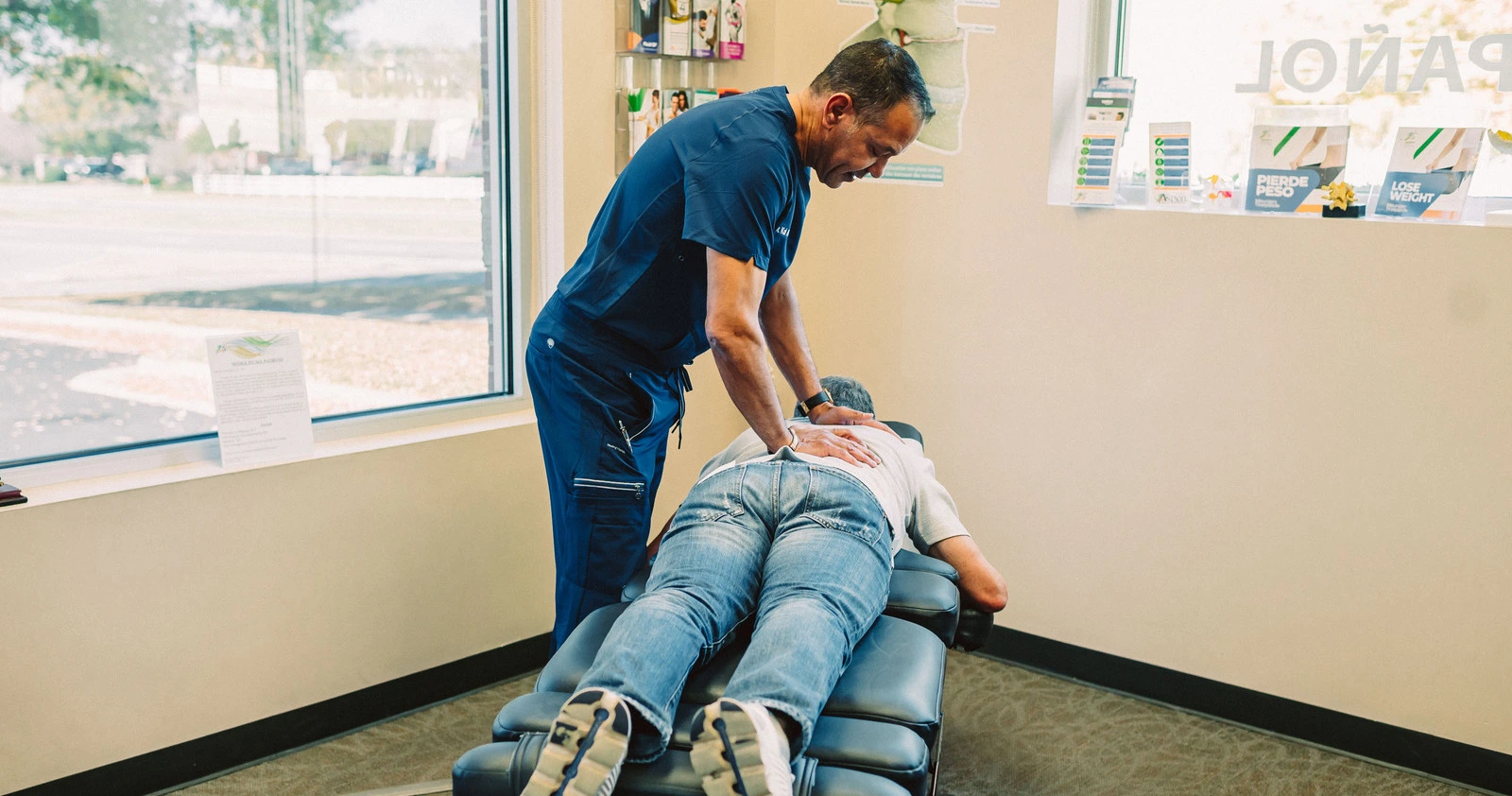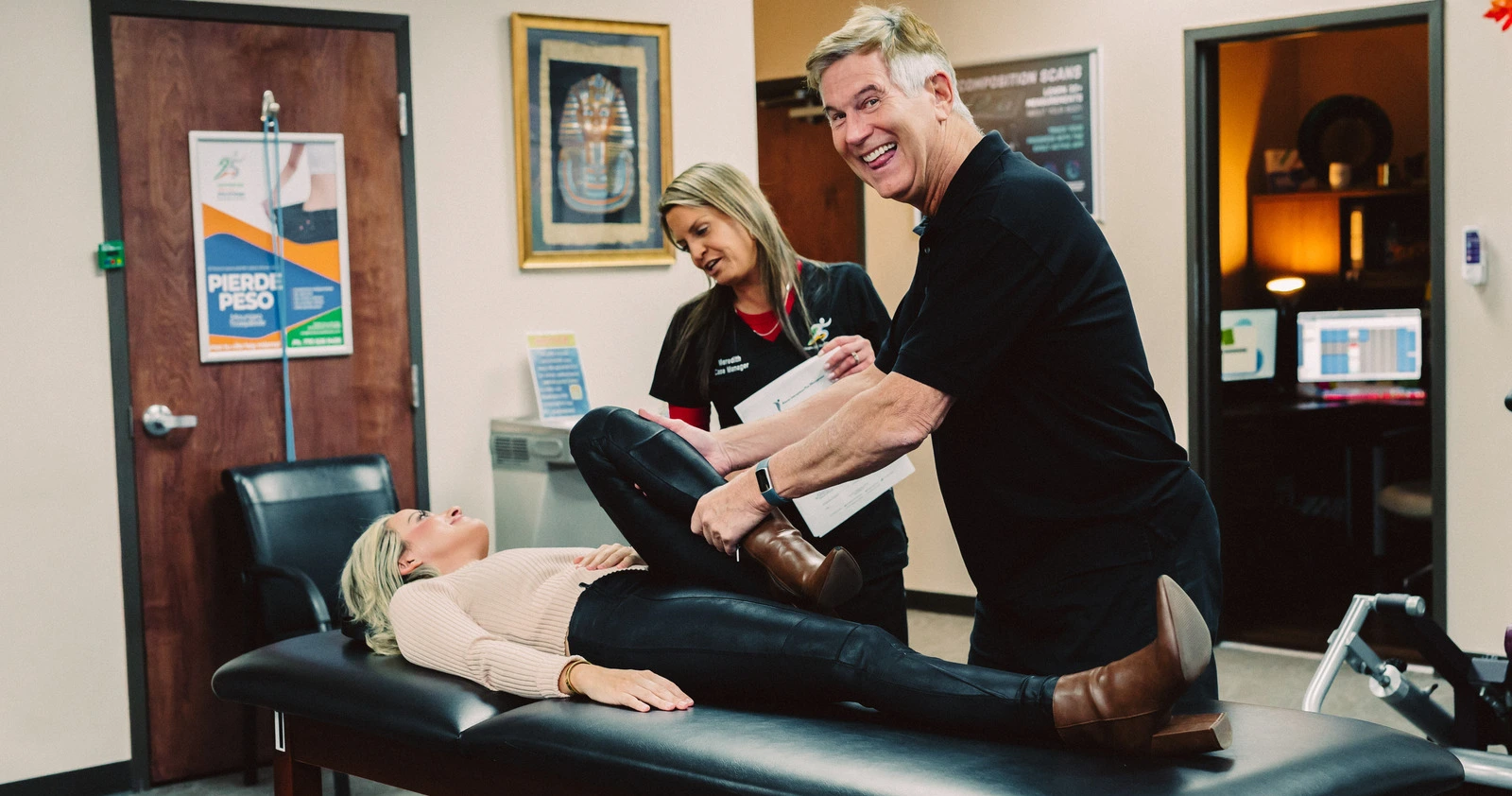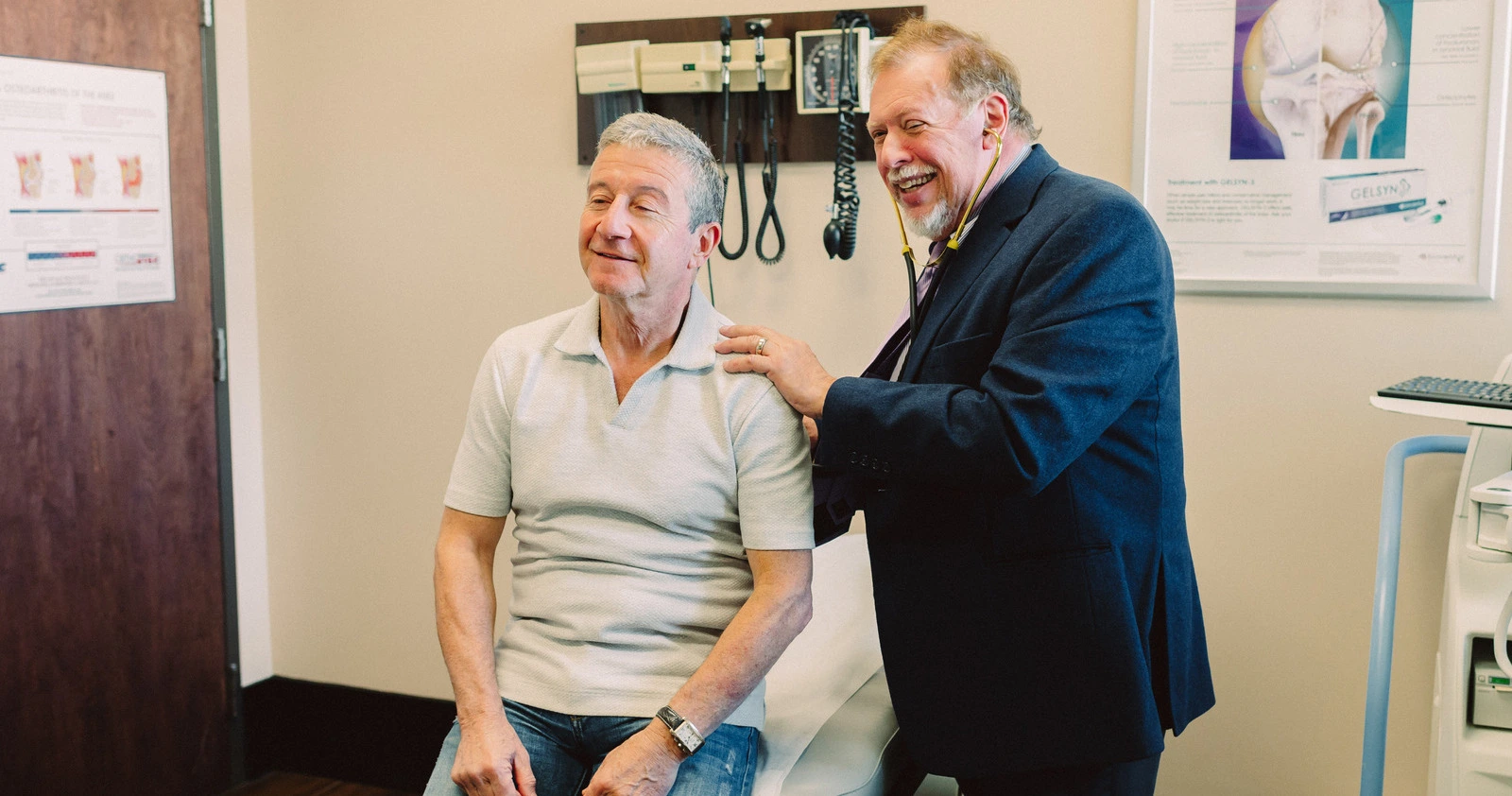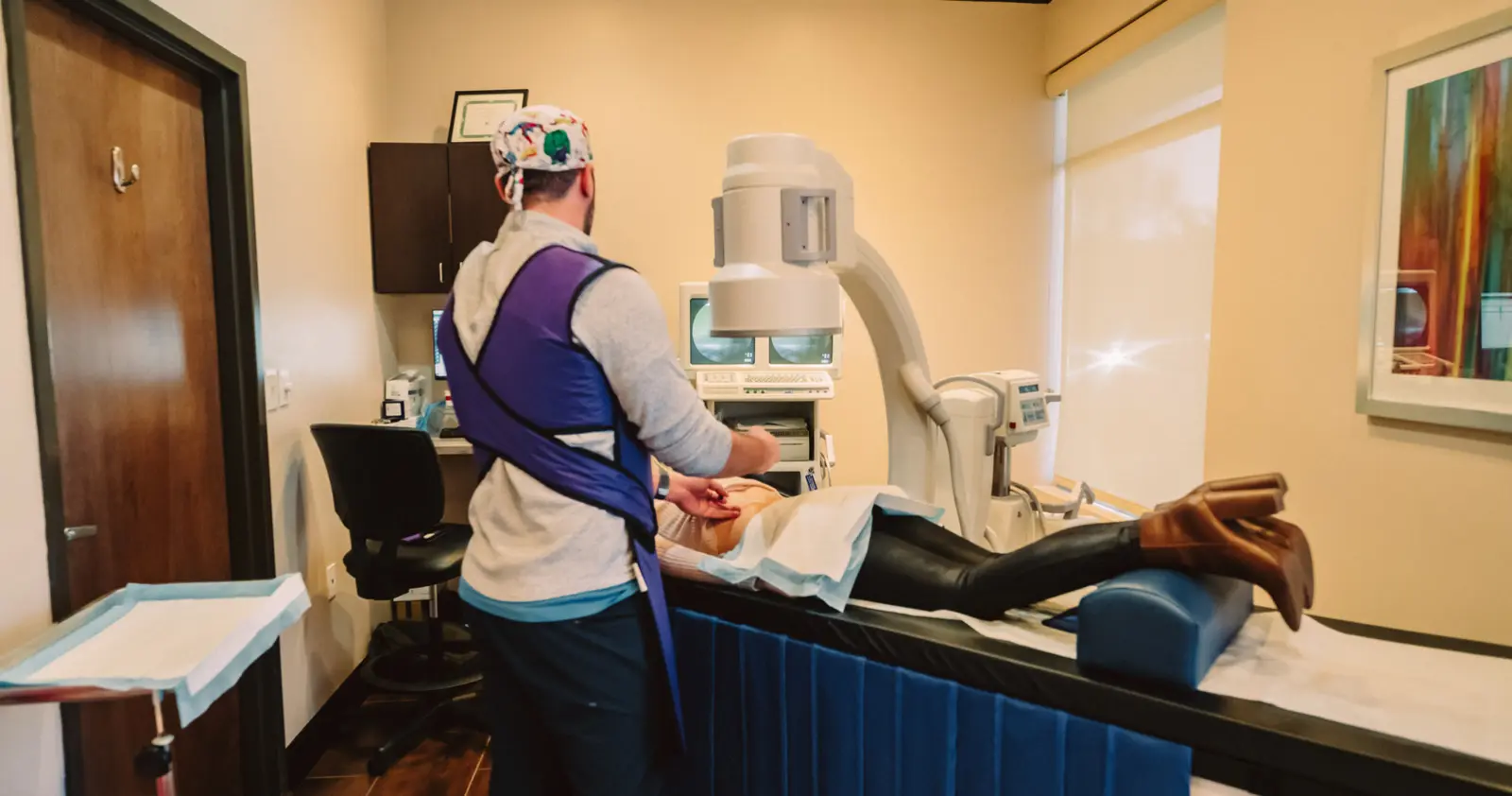
Hormone Replacement Therapy for Women
Some women experience menopausal symptoms that affect their quality of life. Hormone replacement therapy (HRT) is the most effective form of treatment for such symptoms. If you are looking for relief from menopause symptoms, knowing the pros and cons of hormone replacement therapy for women Woodstock, GA can help you decide whether it is right for you.
Hormone replacement therapy was once routinely used to treat menopausal symptoms and protect long-term health. Then large clinical trials showed some health risks. So, what does this mean for you?
For many women, menopause symptoms are mild. But sometimes, symptoms can have a huge impact on your day-to-day life. Fortunately, hormone replacement therapy — also known as menopausal hormone therapy — can help. HRT replaces the hormones that your body makes less of during and after menopause: estrogen and progesterone.
HRT was a routine treatment until about 20 years ago when the Women’s Health Initiative raised some concerns about its risks. But since that time, we have learned more about the benefits and risks of HRT. And today, experts agree that for most healthy, relatively young women, the benefits of HRT outweigh the risks.
What Is Hormone Replacement Therapy?
During menopause, your estrogen levels fall. Some women get uncomfortable symptoms like hot flashes and vaginal dryness. HRT (also known as hormone therapy, menopausal hormone therapy, and estrogen replacement therapy) is the most effective treatment for menopause symptoms.
Menopause is the time in your life when menstruation slows down and stops. It can be a normal part of aging, or it can be caused by surgery or illness. During menopause, your hormones levels begin to change. This can cause symptoms like:
- Hot flashes
- Vaginal dryness
- Night sweats
- Mood changes
Hormone replacement therapy is a medication that contains female hormones. You take the medication to replace the estrogen that your body stops making during menopause. Hormone therapy is most often used to treat common menopausal symptoms, including hot flashes and vaginal discomfort.
Hormone therapy has also been proved to prevent bone loss and reduce fracture in postmenopausal women.
However, there are risks associated with using hormone replacement therapy for women. These risks depend on the type of hormone therapy, the dose, how long the medication is taken, and your health risks.
For best results, hormone therapy should be tailored to each person and reevaluated every so often to be sure the benefits still outweigh the risks.
Basic Types of Hormone Therapy
Hormone replacement therapy primarily focuses on replacing the estrogen that your body no longer produces after menopause. There are two main types of estrogen therapy:
- Systemic hormone therapy – Systemic estrogen – which comes in pill, skin patch, ring, gel, cream, or spray form – typically contains a higher dose of estrogen that is absorbed throughout the body. It can be used to treat any of the common symptoms of menopause.
- Low-dose vaginal products – Low-dose vaginal preparations of estrogen — which come in cream, tablet or ring form — reduce the amount of estrogen absorbed by the body. Because of this, low-dose vaginal preparations are usually only used to treat the vaginal and urinary symptoms of menopause.
If you haven’t had your uterus removed, your doctor will typically prescribe estrogen along with progesterone or progestin (progesterone-like medication). This is because estrogen alone, when not balanced by progesterone, can stimulate the growth of the lining of the uterus, increasing the risk of endometrial cancer. If you have had your uterus removed (hysterectomy), you may not need to take progestin.
Estrogen Therapy
If you are having symptoms of menopause after a hysterectomy (surgery to remove the uterus) or a hysterectomy with bilateral salpingo-oophorectomy (surgery to remove the uterus, fallopian tubes, and ovaries), a doctor may suggest a low dose of estrogen.
Estrogen comes in different forms. The daily pill and patch are the most popular, but the hormone also is available in a vaginal ring, gel, or spray.
- Estrogen pill – Pills are the most common treatment for menopausal symptoms. Among the many forms of pills available are conjugated estrogens (Cenestin, Estratab, Estrace, Ogen, Femtrace, and Premarin) or estrogens-bazedoxifene (Duavee). Follow your doctor’s instructions for dosing. Most estrogen pills are taken once a day without food. Some have more complicated dosing schedules.
- Estrogen patch – The patch is worn on the skin of your abdomen. Depending on the dose, some patches are replaced every few days, while others can be worn for a week. Examples are Climara, Alora, Estraderm, and Vivelle-Dot. Combination estrogen and progestin patches – like Climara Pro and Combipatch – are also available. Menostar has a lower dose of estrogen than other patches, and it is only used for reducing the risk of osteoporosis. It does not help with other menopause symptoms.
- Topical Estrogen – Creams, gels, and sprays offer other ways of getting estrogen into your system. Examples include gels (like EstroGel and Divigel), creams (like Estrasorb), and sprays (like Evamist). As with patches, this type of estrogen treatment is absorbed through the skin directly into the bloodstream. The specifics on how to apply these creams vary, although they are usually used once a day. EstroGel is applied on one arm, from the wrist to the shoulder. Estrasorb is applied to the legs. Evamist is applied to the arm.
- Vaginal estrogen – Vaginal estrogen comes in a cream, vaginal ring, or vaginal estrogen tablets. In general, these treatments are for women who are troubled specifically by vaginal dryness, itchiness, and burning or pain during intercourse. Examples are vaginal tablets, creams, and insertable rings. Dosing schedules vary, depending on the product. Most vaginal rings need to be replaced every three months. Vaginal tablets are often used daily for a couple of weeks; after that, you only need to use them twice a week. Creams might be used daily, several times a week, or according to a different schedule.
Estrogen/Progesterone/Progestin Hormone Therapy
This is often called combination hormone therapy since it combines doses of estrogen and progestin, the synthetic form of progesterone. It is meant for women who still have their uterus. Taking estrogen with progesterone lowers your risk for cancer of the endometrium, the lining of the uterus, compared with taking estrogen alone.
While generally used as a form of birth control, progesterone can help treat many menopausal symptoms such as hot flashes.
- Oral progestins – Taken in pill form, progestin medications include medroxyprogesterone acetate and synthetic progestin pills. Many doctors now treat most of their menopausal patients with natural progesterone rather than synthetic progestins. Research suggests that natural progesterone may not have a negative effect on lipids and is a good choice for women with high cholesterol levels. In addition, natural progesterone might have other advantages when compared with medroxyprogesterone acetate.
- Intrauterine progestin – Low-dose intrauterine devices (IUD) with levonorgestrel are sold under the brand names Kyleena, Liletta, Skyla, and Mirena. These are approved for pregnancy prevention and bleeding control in the United States, and they are sometimes used “off-label” along with estrogen. If you have one of these IUDs when you enter perimenopause, your doctor may suggest that you keep it in until perimenopause is complete to help with uneven periods.
Benefits of Hormone Replacement Therapy
Hormone replacement therapy for women may:
- Relieve hot flashes and night sweats
- Ease vaginal dryness and itching
- Help you sleep better
- Make sex less painful
- Help prevent fractures caused by osteoporosis (thinning bones)
- Lower your chances of dementia
- Make some women less likely to have heart disease
Risks of Hormone Replacement Therapy
Research has shown that the benefits can be greater than the risks for many women. But HRT may still increase your chances of:
- Endometrial cancer, if you take estrogen without progestin and you still have your uterus
- Blood clots
- Stroke
- Breast cancer
Subsequent studies have suggested that these risks vary depending on:
- Age – Women who begin hormone therapy at age 60 or older or more than 10 years from the onset of menopause are at greater risk of the above conditions. But if hormone therapy is started before the age of 60 or within 10 years of menopause, the benefits appear to outweigh the risks.
- Type of hormone therapy – The risks of hormone therapy vary depending on whether estrogen is given alone or with progestin, and on the dose and type of estrogen.
- Health history – Your family history and your personal medical history and risk of cancer, stroke, heart disease, liver disease, blood clots, and osteoporosis are important factors in determining whether hormone replacement therapy is appropriate for you.
You and your doctor should consider all of these risks when deciding whether hormone therapy might be right for you.
You may be less likely to have problems if you:
- Start HRT within 10 years of menopause or before age 60
- Take progesterone or progestin if you still have your uterus
- Take the lowest dose that works for you for the shortest possible time
- Ask about other forms of HRT besides pills, like gels, patches, mists, vaginal creams, vaginal rings, or vaginal suppositories
- Get regular mammograms and pelvic exams
Who Shouldn’t Take Hormone Replacement Therapy?
If you have these conditions, you may want to avoid HRT:
- Cancer (such as breast, uterine, or ovarian)
- Blood clots
- Heart, liver, or gallbladder disease
- Heart attack
- Stroke
- Known or suspected pregnancy
- Unexplained vaginal bleeding
Do you smoke? Your doctor may encourage you to stop before prescribing hormone replacement therapy for women.
What Are the Side Effects of HRT?
HRT comes with side effects. Call your doctor if you have any of these:
- Breast swelling or tenderness
- Bloating
- Nausea
- Headaches
- Mood changes
- Vaginal bleeding
How Do I Know If HRT Is Right for Me?
Your doctor can help you weigh the pros and cons and suggest choices based on the severity of your symptoms and medical history.
Here are some questions to ask:
- What type of HRT might be best for me?
- Based on my medical history, is there any reason I shouldn’t use HRT?
- Do you think it could help my symptoms, especially hot flashes, vaginal dryness, and sleep issues?
- Do you think I will have side effects from HRT? (Be sure to tell your doctor if you had any issues with taking birth control pills.)
- Are there other treatments I should consider? (Vaginal moisturizers may help vaginal dryness, for example.)
- Does my family medical history make me a good or bad candidate for hormone replacement therapy for women? (If your mom had osteoporosis, HRT will help lower your chances of it. But if your mom had breast cancer, you will want to talk about that with your doctor.)
What Can You Do If You Can’t Take Hormone Therapy?
You may be able to manage menopausal hot flashes with healthy-lifestyle approaches such as keeping cool, limiting alcohol and caffeinated beverages, and practicing paced relaxed breathing or other relaxation techniques. Several nonhormone prescription medications may also help relieve hot flashes.
For vaginal concerns such as dryness or painful intercourse, a vaginal moisturizer or lubricant may provide relief. You might also ask your doctor about the prescription medication ospemifene (Osphena), which may help with episodes of painful intercourse.
Bottom Line: Is HRT Right For You?
To determine if hormone replacement therapy is a good treatment option for you, talk to your doctor about your symptoms and health risks. Be sure to keep the conversation going throughout your menopausal years.
As researchers learn more about hormone therapy and other menopausal treatments, recommendations may change. If you continue to have bothersome menopausal symptoms, review treatment options with your doctor regularly.
Hormone Replacement Therapy for Women
If you need hormone replacement therapy for women in Woodstock, GA contact or visit Advanced Health Solutions – GA Spine & Disc today to schedule a consultation with our HRT specialist.
Call us now at (770) 212-3991 or fill out our online contact form to book an appointment today.
Hormone Replacement Therapy for Women

